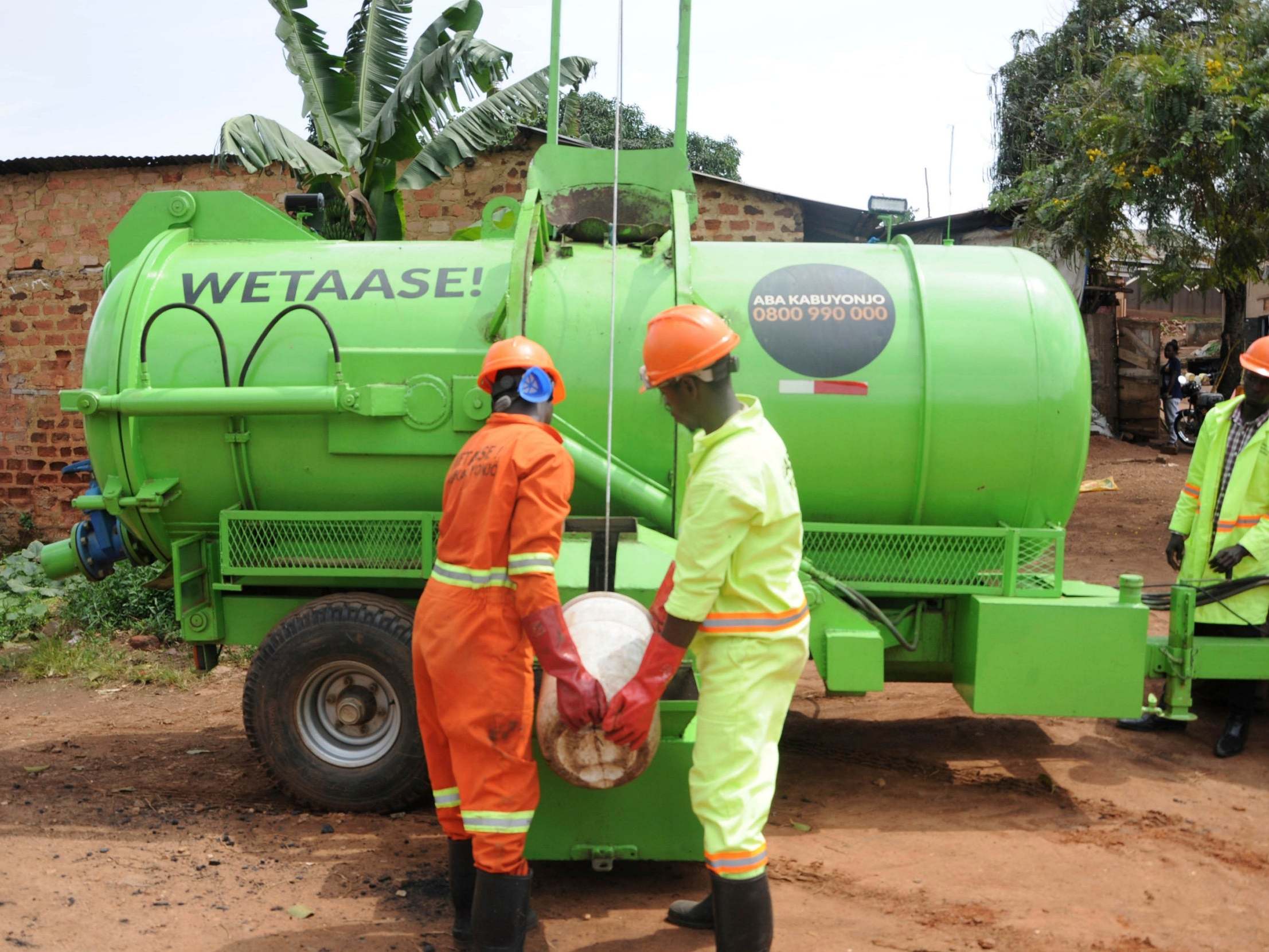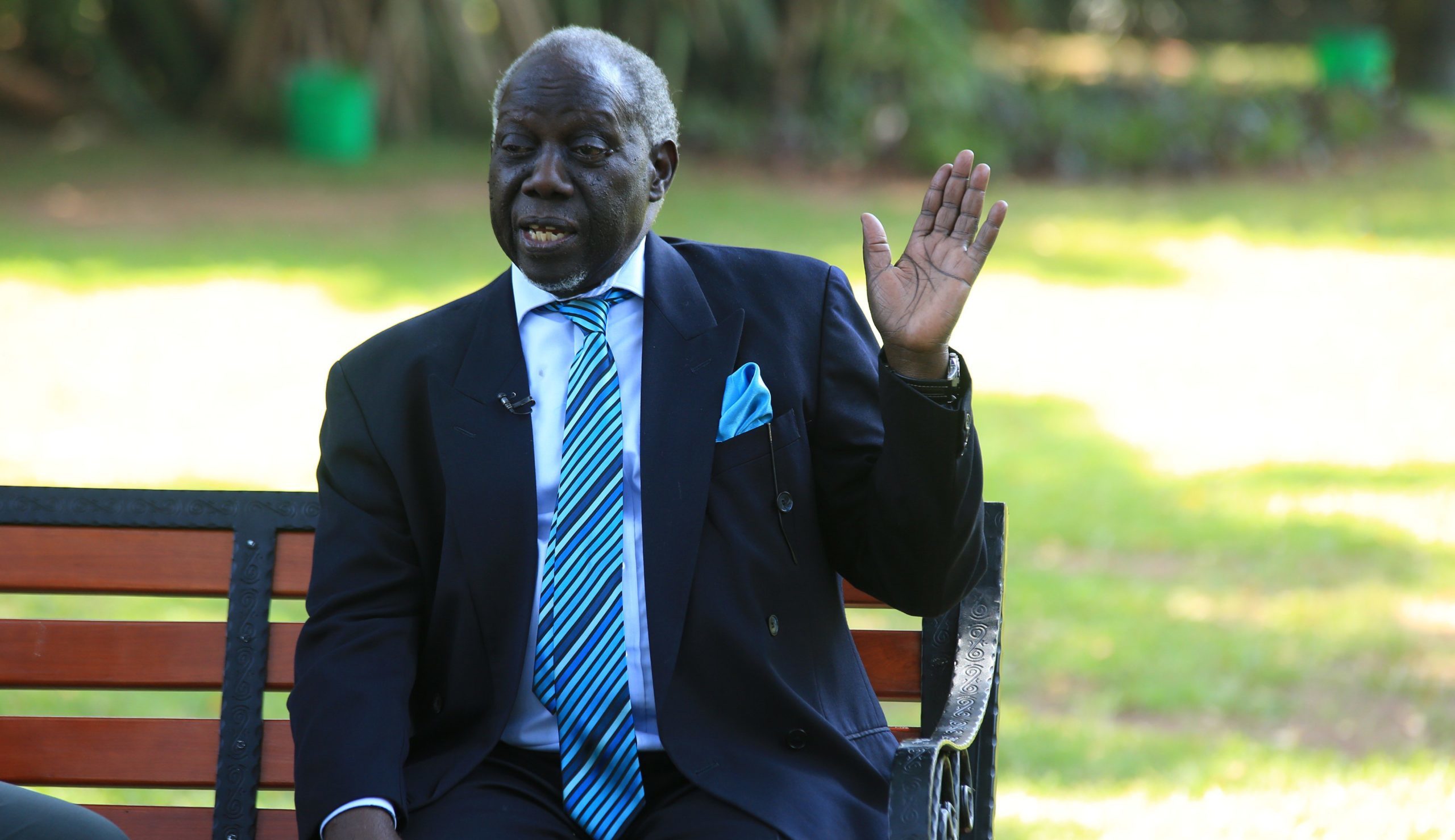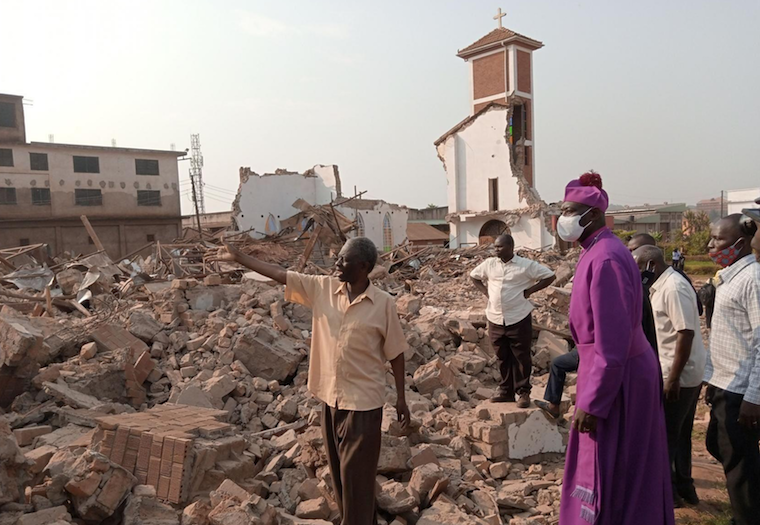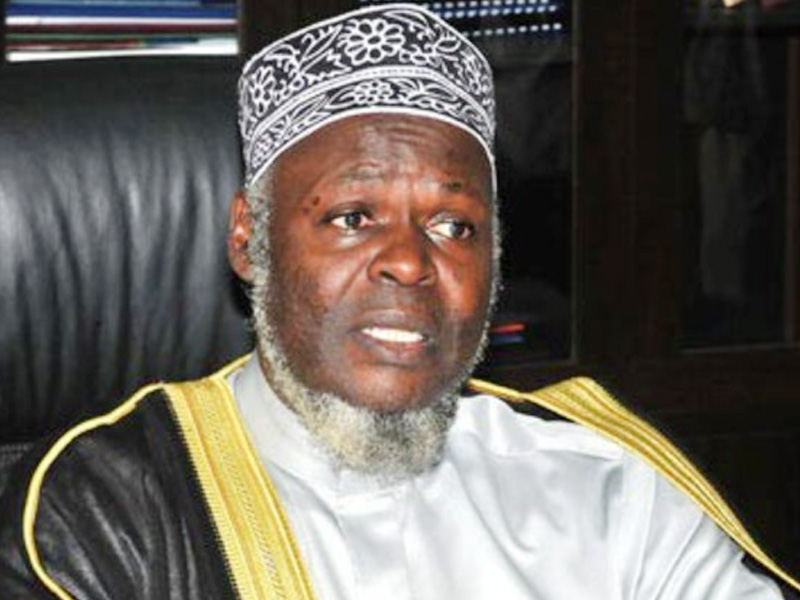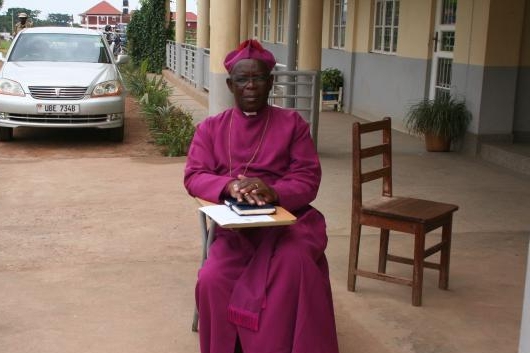The leaders of Kampala Capital City Authority (KCCA) have ordered the closure of the Kassam Mosque Islamic Centre in Kabalagala due to issues related to sewage overflow into a public road. This action was taken as part of a broader campaign, named the “Smart City Operation and Road Inspection,” aimed at enhancing the cleanliness of Kampala as the city prepares to host the 19th Non-Aligned Movement (NAM) and the Group of 77 (G77) Summits early next year.
The mosque, which lacked a septic tank, was found to be discharging sewage waste directly onto the road, causing concerns about public health and sanitation. Lucky Nakyobe, the Head of Public Service and Secretary to Cabinet, led an inspection team to the mosque premises after receiving reports of a strong and unpleasant odor emanating from the facility.
The closure of Kassam Mosque is part of KCCA’s effort to improve the infrastructure and cleanliness of the city before hosting the international summits, which will see over 120 heads of state attending in January 2024. President Yoweri Museveni is set to take over the chairmanship of the Non-Aligned Movement during the event.
Lucky Nakyobe emphasized the need for the mosque to install a septic tank to manage their sewage properly. The lack of septic tanks had resulted in the drainage sewer line being overwhelmed by waste discharge, leading to faecal matter being discharged onto the road during rainy weather.
Kampala’s Minister for Capital and Metropolitan Affairs, Minsa Kabanda, highlighted the significant challenges faced by the city in providing adequate sanitation services to its rapidly growing population. She stressed the importance of having proper drainage systems and sanitation facilities, including septic tanks, in places of worship such as mosques and churches.
Kampala State Minister Kabuye Kyofatogabye expressed concern about poor waste management and littering, which have led to the blocking of drainage channels and flooding in the city, causing sanitation issues and waterborne diseases.
The inspection also extended to Kabalagala Police Station, where similar issues with a septic tank overflowing into the road drainage channel were identified. KCCA directed the station to address the problem promptly to ensure a clean and sanitary environment for those seeking police services.
Eng David Luyimbazi, the KCCA Deputy Executive Director, pointed out that some construction work had been carried out without approved construction plans, resulting in the absence of septic tanks in the affected buildings. This lack of proper sewage management contributes to groundwater and surface water contamination and poses health risks.
The situation has increased the likelihood of cholera and diarrhea outbreaks and has led to environmental degradation due to the improper disposal of faecal sludge in various areas. In 2019, KCCA passed the Kampala Capital City (Sewage and Faecal Sludge Management) ordinance to address these issues, although its implementation has been slow.
KCCA’s actions reflect a broader commitment to improving the city’s infrastructure and sanitation in preparation for hosting international events of significance. The closure of Kassam Mosque highlights the importance of adhering to health and sanitation standards in public and religious facilities.

